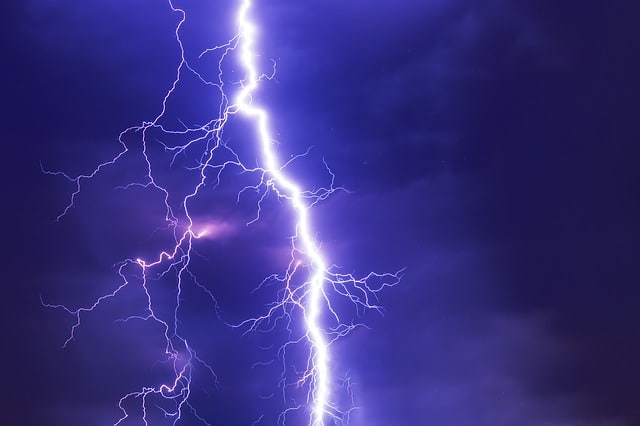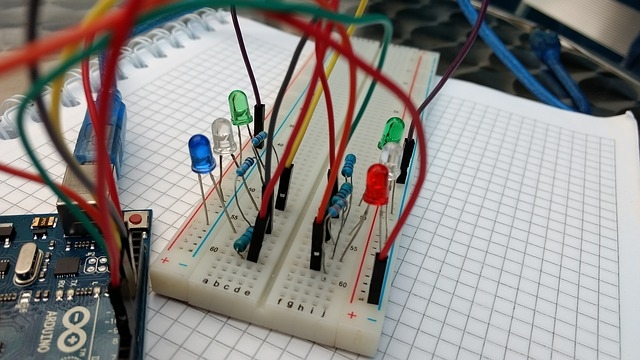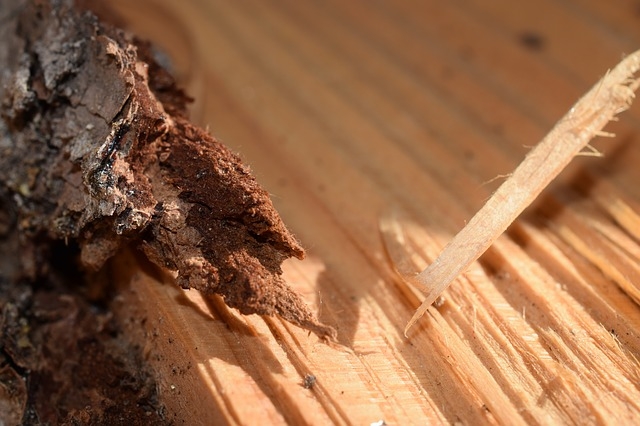Protecting Your Home And Your Outdoor Lights From Surges
Here in Texas, the weather is always unpredictable and often very intense. Some days there are severe lightning storms, other days there is large hail, and some days there are winds that surpass 100 MPH. Unfortunately, none of these conditions are ideal for outdoor lighting fixtures. The weather happens to be responsible for much of the damage they incur.
Understanding The Electrical Surge
 An electrical surge occurs when there is a large spike in voltage that happens very quickly. These surges are actually happening around us all of the time. Whenever you enter a room and turn on the light there is a sudden electrical surge in your home’s system. Such small surges are extremely common and nothing to worry about. It’s how the circuits are designed to work and there is no danger to your wiring or to your lights. That being said, over a long period of time, these constant surges can lead to the degradation of equipment.
An electrical surge occurs when there is a large spike in voltage that happens very quickly. These surges are actually happening around us all of the time. Whenever you enter a room and turn on the light there is a sudden electrical surge in your home’s system. Such small surges are extremely common and nothing to worry about. It’s how the circuits are designed to work and there is no danger to your wiring or to your lights. That being said, over a long period of time, these constant surges can lead to the degradation of equipment.
There are certain electrical surges that should worry you. These are the large surges that are very strong and often originate outside of the house. They may come from a lightning storm or a downed power line. These surges are so sudden and powerful that they could fry every electronic that is connected to the same electrical circuit.
You may have heard of homeowners who unplug their electronics during storms. They do so to avoid these large surges. However, that is not their only option. An alternative is to use a powerful surge protector.
Protecting Your Home And Outdoor Lights
You don’t want to go outside and unhook your outdoor lights every time there is a storm. Instead, you want to rely on a powerful surge protector to protect your lights as well as the rest of your electronics. Your two options are whole-house surge protectors and plug-in surge protectors. Let’s consider each of these individually.
1. Whole-House Surge Protectors.
These offer the best possible protection for your electrical devices. As the name implies, they protect everything that is connected to your home’s electrical circuit. That includes lights, electronics, fans, oven, and any other appliances.
A whole-house surge protector must be installed at the circuit breaker by a professional outdoor lighting company in Houston. They rely on metal oxide varistors (MOVs) to lead the spike in voltage away from the home’s circuit and into the ground. These surge protectors will eventually degrade over time. It’s important that you have them regularly inspected and maintained by a professional. They can typically handle several severe lightning storms with large surges before needing to be replaced.
2. Plug-In Protectors.
A plug-in, or point-of-use, surge protector, on the other hand, can usually only handle a single large surge before they require some maintenance or replacement parts. They are great for protecting a single device or even a group of appliances in the same general area but aren’t efficient enough for the entire home. Furthermore, they can’t really protect outdoor lighting unless it has a plug-in that can connect to the surge protector.
Protect Your Outdoor Lights.
Protecting your outdoor lights from serious surges can save you a lot of money over the years. This is especially true in Texas, where the storms can be extremely severe. Your best option is to utilize an MOV surge protector installed by a professional outdoor lighting company in Houston. Of course, even that won’t protect your lights from a direct lightning strike. Direct strikes aside, surge protectors from Robert Huff Illumination & Outdoor Lightning can protect your outdoor lights from the largest of surges.
Call now or contact Robert Huff Illumination for more information regarding our outdoor lighting services!

 Reason For Overloaded Circuit:
Reason For Overloaded Circuit: Cutting outdoor lighting wires are costly and common. This is a problem that is often encountered after a property has been power edged and mulched. Some or all the lighting fixtures may not turn on if this problem occurs. Outdoor lighting services in Houston can help fix this issue.
Cutting outdoor lighting wires are costly and common. This is a problem that is often encountered after a property has been power edged and mulched. Some or all the lighting fixtures may not turn on if this problem occurs. Outdoor lighting services in Houston can help fix this issue.